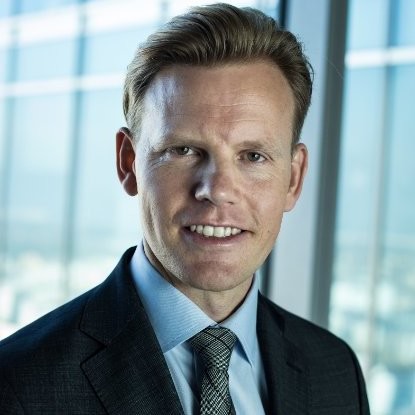ESG impact on the M&A market
Sylwia Ziemacka talks to Dr Fabian Elzanowski, an attorney with over 12 years of experience in M&A and corporate law and a founding Partner at Elzanowski & Partners, where he leads M&A, Corporate, and ESG practices.
We hear that companies are recognising the importance of ESG in their strategies. Usually the pressure to comply with ESG criteria comes from investors or consumers. What about the M&A market?
Today, ESG considerations are increasingly shaping business, including investment decisions in M&A, access to capital and the way deals are executed. The pressure is coming from investors and consumers, or maybe some would say from society as a whole in response to climate change and social standards. They are demanding a robust response from governments and regulators. The European Commission has taken a very ambitious stance on this and has proposed a lot of policies and regulations that have very ambitious targets and require companies to meet those targets.
I think the investors who are involved in M&A activities are aware of the need to incorporate these ESG considerations. It is not just a trend. In some industries, it is sometimes more of a strategic imperative. M&A is always forward-looking, and you buy a company to benefit from its future operations when the company is valued. Then it is valued based on its projections, future earnings or future cash flows. So now, with the changing landscape and new ESG risks, acquirers have to ask themselves how those earnings might be impacted by ESG risks. This is like rethinking your risk assessment in a deal-making process.
M&A is a complex process. What’s the impact of ESG on the whole process, starting with the assessment of the overall attractiveness of the company?
Attractiveness will differ across industries and buyers. For instance, there are high-impact industries that pose a high risk for ESG, those are industries such as manufacturing of clothing, manufacturing of textiles, forestry, agriculture, extraction of minerals, mining and wholesale trade in minerals.
In such industries, ESG considerations permeate every stage of the M&A process, including how attractive such a business is. When you have in one sector two businesses, but one with a strong ESG record, the second with a poor one, then the first one will for sure be bought at a premium.
Even if you go beyond those high-impact sectors, some transactions are ESG-motivated. We see that those deals are done solely to pursue a buyer’s sustainable agenda. For instance, if the buyer is exposed to carbon-intensive business, the buyer might want to reposition their portfolio towards more sustainable energy.
The full video interview is available at polandweekly.com!







